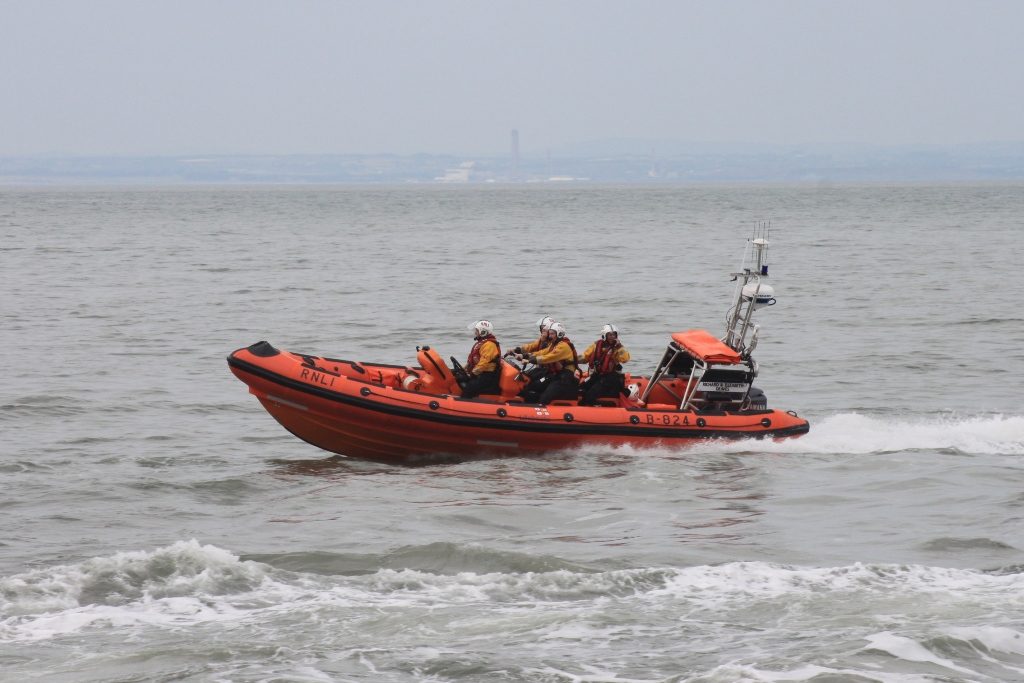The Royal National Lifeboat Institution (RNLI) has been criticised for spending 2% of its revenues on foreign projects while laying off some British staff.
The RNLI is a British charity that aims to stop as many people as possible from drowning. Often, as their name suggests, they do this by deploying lifeboats when folks get into trouble in the water. But they have other techniques too. They give swimming lessons. They pay for creches for kids who would otherwise be left to play unsupervised near rivers and ponds while their parents are at work. (The creches reduce drowning risk by 82 percent). And they buy ‘burkinis’ for young Muslim women whose beliefs or family would prevent them from learning to swim if it compromised Islamic values.
Some of these other projects have landed the RNLI in hot water with a few of its donors (and some Conservative politicians). That’s because they take place abroad and these donors feel the RNLI’s sole focus should be on its British operations. Many were particularly outraged that when faced with a donation shortfall of £6.3 million last year, RNLI decided to cut 135 British-based jobs rather than end its work in places like Bangladesh - where 10,000 children drown each year - and Tanzania, which has an annual drowning death toll of around 3,000 people. (The figure for the UK is 263).
There’s since been a backlash to the backlash, with people pointing out that the RNLI currently spends just 2 percent of its revenue outside the UK and that prioritising British jobs over the lives of foreign kids is a problematic moral stance to take. But the whole episode highlights a question that is found at the centre of almost all economic debates: how should we share wealth and other valuable resources around?
Because we live in a world where some individuals/communities/countries have more wealth than others, it’s easier for some to meet their basic needs than others. Some people think that’s a fair reward for greater wealth generation. Others think it’s fundamentally unfair, either because having your basic needs met is a fundamental human right or because richer people/places often bear some responsibility for the financial circumstances of their poorer neighbours (colonialism and climate change are two commonly cited examples).
Read our explainer on: international development.

